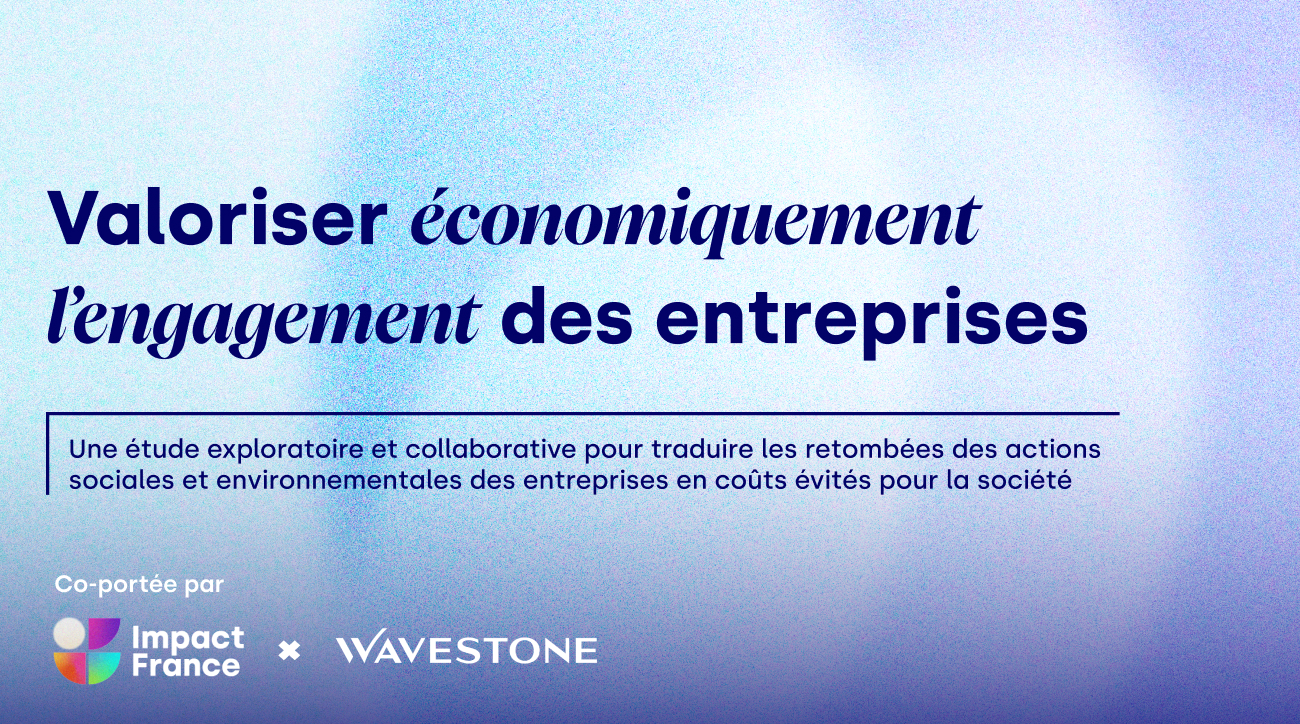Presidential election: deciphering the programmes
.jpg)
.jpg)
The entrepreneurs and committed leaders deciphered the programmes of the presidential candidates in the light of their proposals presented in the Manifesto for the Economy of Tomorrow.
What are the different proposals to make the economy a solution for tomorrow's world? Committed entrepreneurs are calling for a renewed contract between the State and all businesses, in the service of the common good. What do the candidates propose in this sense?
The ecological and social transformation of companies is an issue in Anne Hidalgo's programme to reduce our carbon emissions by 50% by 2035. The sharing of value within companies will be encouraged, in particular by limiting the pay gap from 1 to 20 and by creating a bonus/malus on the contributions linked to the portion devoted to salaries.
The transformation of the economy to meet the climate and social challenge is a structuring axis of Yannick Jadot's programme, which intends to "put the economy at the service of the ecological transition and social justice". Taxation, public procurement, state aid and investment will be reviewed in the light of the commitment of businesses, which will have to speed up their transition.

To go further, Eva Sadoun interviewed Delphine Batho, representative of candidate Jadot and spokesperson for his economic proposals. Watch the deciphering.
The transformation of the economy to meet the climate and social challenge is not a focus of Marine Le Pen's programme. In economic matters, priority is given to national preference and the development of very small businesses and SMEs without any social or ecological compensation.
Emmanuel Macron proposes clear rules for a better sharing of value within the company. At the same time, he proposes the establishment of new criteria for success by indexing the variable remuneration of company directors to extra-financial social and ecological performance criteria. A clear and common transformation path for all companies would benefit from being specified.
Jean-Luc Mélenchon proposes a massive investment plan of 200 billion euros to respond to the social emergency, plan the ecological transition and restore public services. A "protectionism based on solidarity and ecology" will be put in place to support this "ecological bifurcation" and ensure France's independence.
Valérie Pécresse's programme proposes to develop the growth of companies thanks to a reduced taxation without social or ecological counterparts. The increase in purchasing power will be encouraged by the development of employee shareholding and the strengthening of profit-sharing.

Damien Abad, leader of the Les Républicains deputies in the National Assembly and spokesperson for Valérie Pécresse's economic programme, answered live questions from committed entrepreneurs. Watch the deciphering.
Fabien Roussel's economic programme is based on a priority given to workers in the company, support for the SSE (excluding commercial companies), as well as strengthening the role of employees.

Eva Sadoun spoke to economist Frédéric Boccara, Fabien Roussel's economic spokesperson, to decipher the Communist candidate's programme. Watch the deciphering again.
On the economic front, the key issue of Eric Zemmour's programme is to boost the competitiveness of French companies through tax breaks and to increase the purchasing power of households according to the principle of "working more to earn more". French companies and products will be favoured without any social or ecological compensation.

